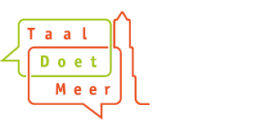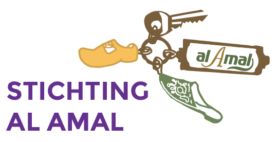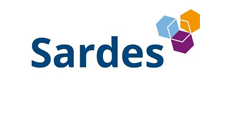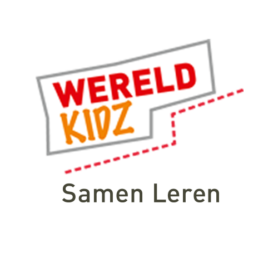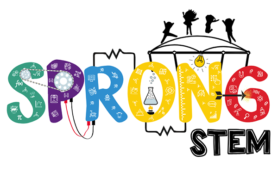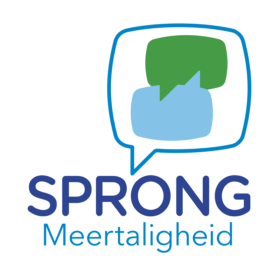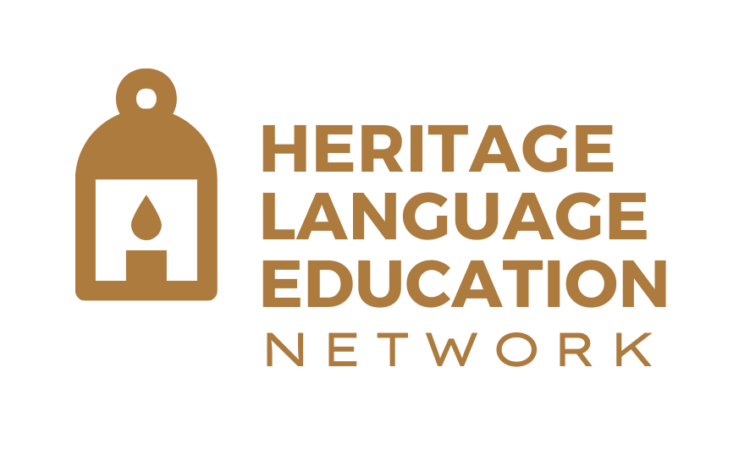INTERNATIONAL
Compared with the Netherlands, Sweden has much more experience with the use of home languages in the classroom. Collaboration with Swedish partners offers the opportunity to learn from their experience.

Sweden has an inclusive outlook on education. Newcomer children are not treated as separate cases that require schooling in isolation – they are incorporated into regular education with their peers. This is because since the 1970s Swedish schools have been working under a governance climate that has a positive approach to multilingualism.
An example of this policy is that it is a legal requirement that within six weeks of arriving in Sweden children have an intake in their home language to evaluate their level of education. Also, school leaders can request municipal tutoring in the student’s home language (in the Netherlands: bilingual classroom assistants).
With the use of home languages in education, Sweden is utilising what the child already knows. This approach means that children often only need to ‘attach’ a Swedish word to the words (or concepts) that they already know in their home language. If a child knows what a banana and an apple are in their home language, then it becomes easier to explain what fruit is in Swedish.
Multi-STEM works together with Malmö University and Lund University to compare policies and practices regarding multilingualism and translanguaging in the Netherlands and Sweden.
For more information about the subproject ‘International’ contact Gerald van Dijk, gerald.vandijk@hu.nl







